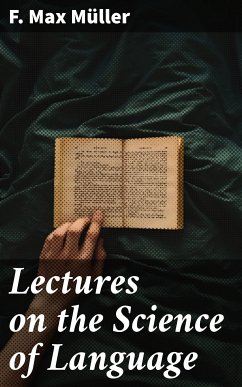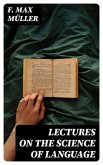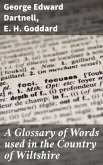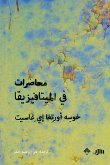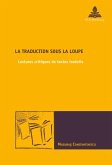In "Lectures on the Science of Language," F. Max Mvºller presents a profound exploration of linguistic philosophy and the evolution of language, weaving an intricate narrative that spans across various languages and cultures. Mvºller'Äôs literary style is characterized by clarity and precision, making complex ideas accessible to both scholars and lay readers. The lectures, originally delivered in the 19th century, delve into the interrelationship between language, thought, and culture, situating them within the broader context of historical linguistics and philology. His insights highlight the dynamic nature of language as a living entity shaped by human experience and societal evolution. Friedrich Max Mvºller was a pioneering philologist and orientalist who devoted his life to the study of languages, particularly Sanskrit. His academic background, influenced by his profound interest in the intersection of language and human expression, led him to scrutinize the role of language in shaping human civilization. Mvºller'Äôs work reflects the intellectual fervor of the Victorian era, where the rise of comparative linguistics sought to uncover the roots and connections between languages across the globe. "Lectures on the Science of Language" is indispensable for anyone interested in linguistics, anthropology, or the history of ideas. This text not only enriches the understanding of language but also challenges readers to contemplate the intricate relationship between language and culture. Engaging with Mvºller'Äôs profound arguments will undoubtedly inspire further exploration into the nature of human communication and thought.
Dieser Download kann aus rechtlichen Gründen nur mit Rechnungsadresse in A, B, BG, CY, CZ, D, DK, EW, E, FIN, F, GR, H, IRL, I, LT, L, LR, M, NL, PL, P, R, S, SLO, SK ausgeliefert werden.

